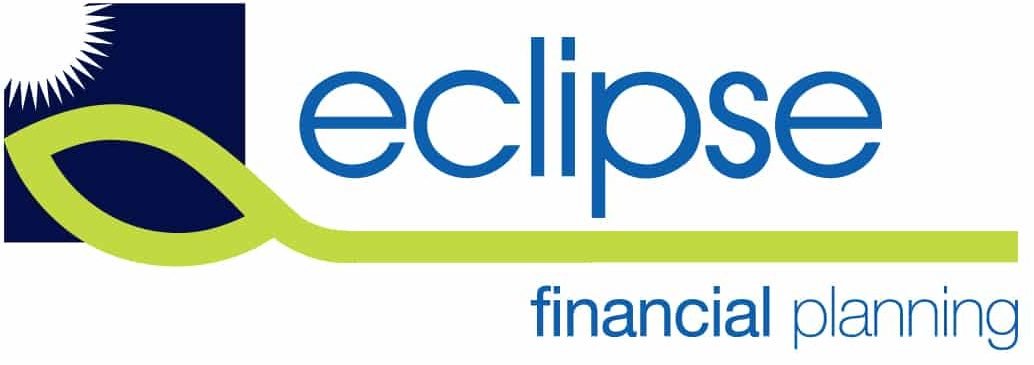The new Federal Budget has arrived, and with it has come a huge number of sweeping changes to the economic landscape of Australia. The politicians and economists have put their heads together to try to come up with a scheme to better life for all Australians, but have they succeeded for those who are primarily relying on their superannuation in order to have a comfortable retirement?
Let’s take a look at the new changes, and what they might mean for your fund.
How is your retirement going to be affected by the new Budget?
The 1.6 million dollar question
One of the most significant changes to the budget is the addition of a $1.6 million cap on superannuation funds in the pension phase. According to Budget documentation, this change will affect less than 1 per cent of superannuation fund members, but it does present a serious problem for those who have already retired with this much in their fund.
This change was primarily intended to make the superannuation system fairer, and make it more into a means for saving rather than “a wealth accumulation scheme for Australia’s highest earners”, as COTA Australian Chief Executive Ian Yates puts it.
“The changes, many of which COTA has called for over the last few years, will make superannuation much more sustainable and fit for purpose for the long term.”
Following these new rules on high earners, there has also been a major change for those who are earning $37,000 or less a year, allowing them to claim up to $500 on concessional super contributions. Considering a shift in the 30 per cent taxes on combined income and concessional contribution value ($300,000 to $250,000), as well as a hard cap on concessional contributions in general ($25,000), it appears that this new budget has targeted those with a significant amount riding on their superannuation.
The law of averages
“The changes … will make superannuation much more sustainable and fit for purpose for the long term”
But what about the average Australian? These changes will affect those in high and low income brackets, but what about those between the two? There have been a few benefits for them as well, such as the ability to contribute on your spouse’s behalf when they are under 75 without having to pass the work test: This is particularly helpful for families using an SMSF later in life. Furthermore, all members will be able to make deductions to their personal contributions from 1 July 2016.
Overall, the budget is unlikely to do much damage to your superannuation and has generally made good headway in creating flexibility for fund members. If you want to make the most of your superannuation, make sure you get in contact with the Eclipse Financial Services Team for all the help you’ll need to ensure a comfortable retirement.

